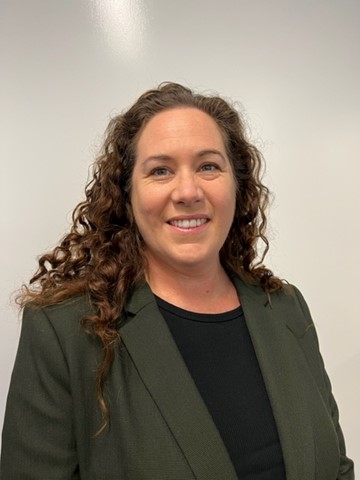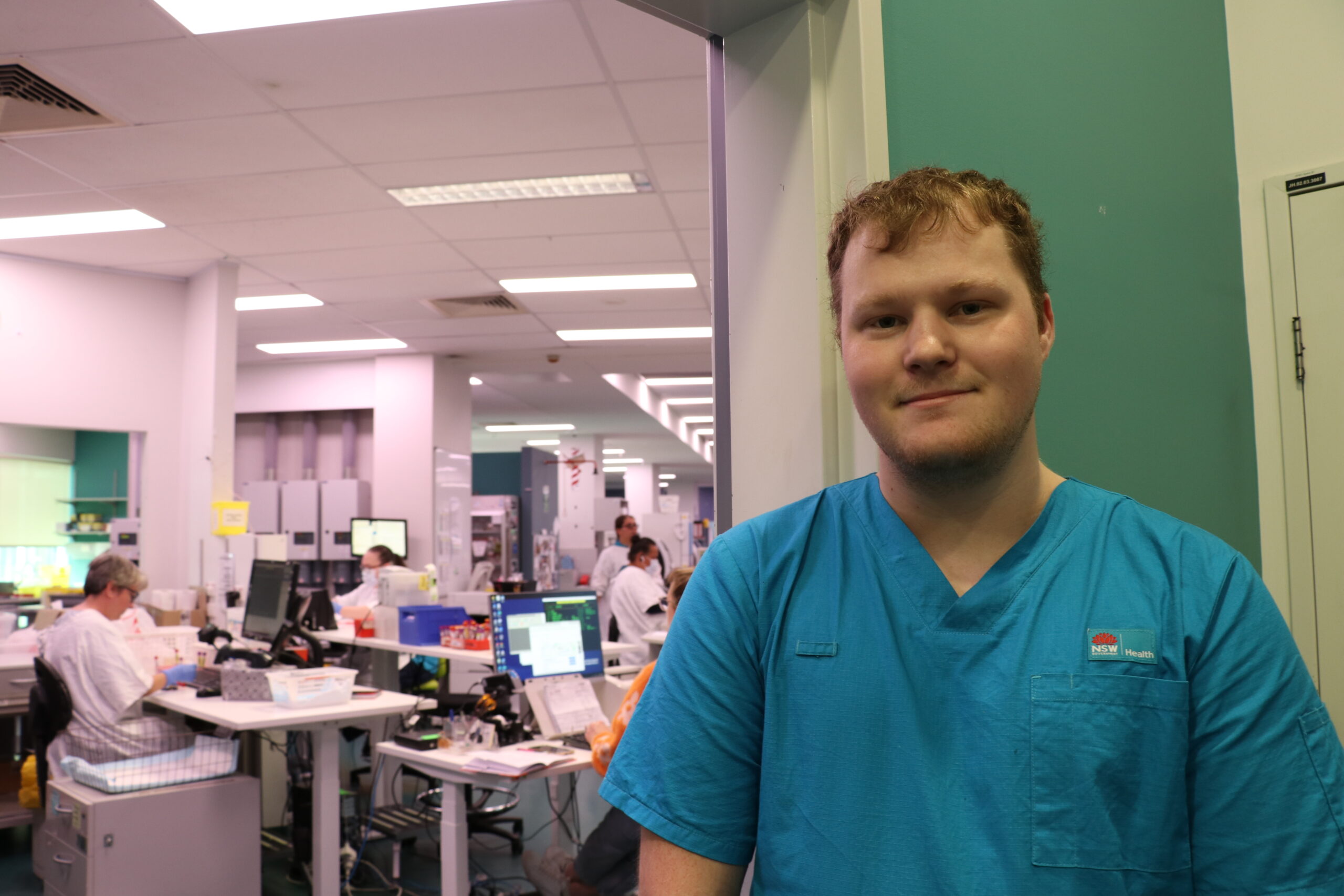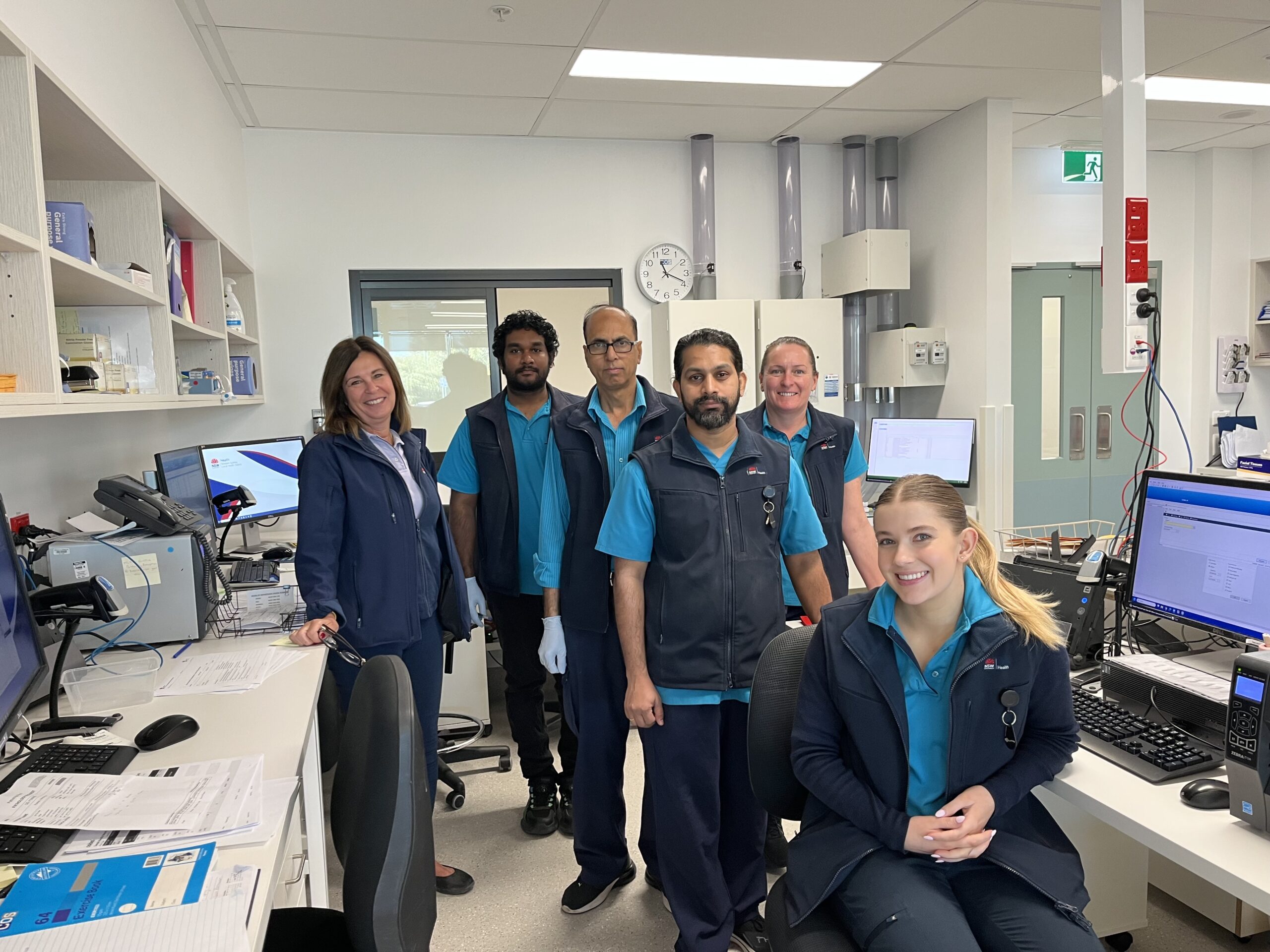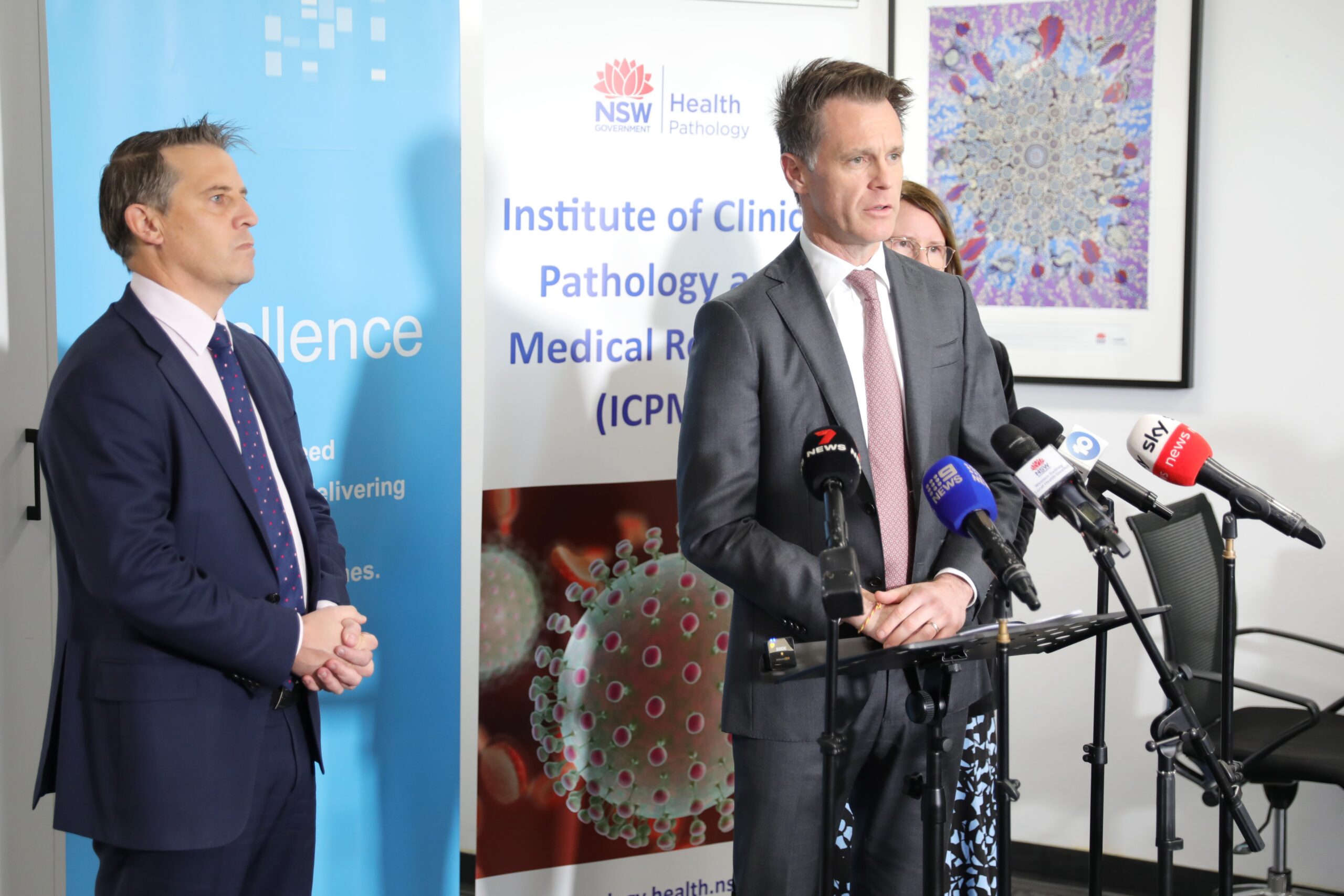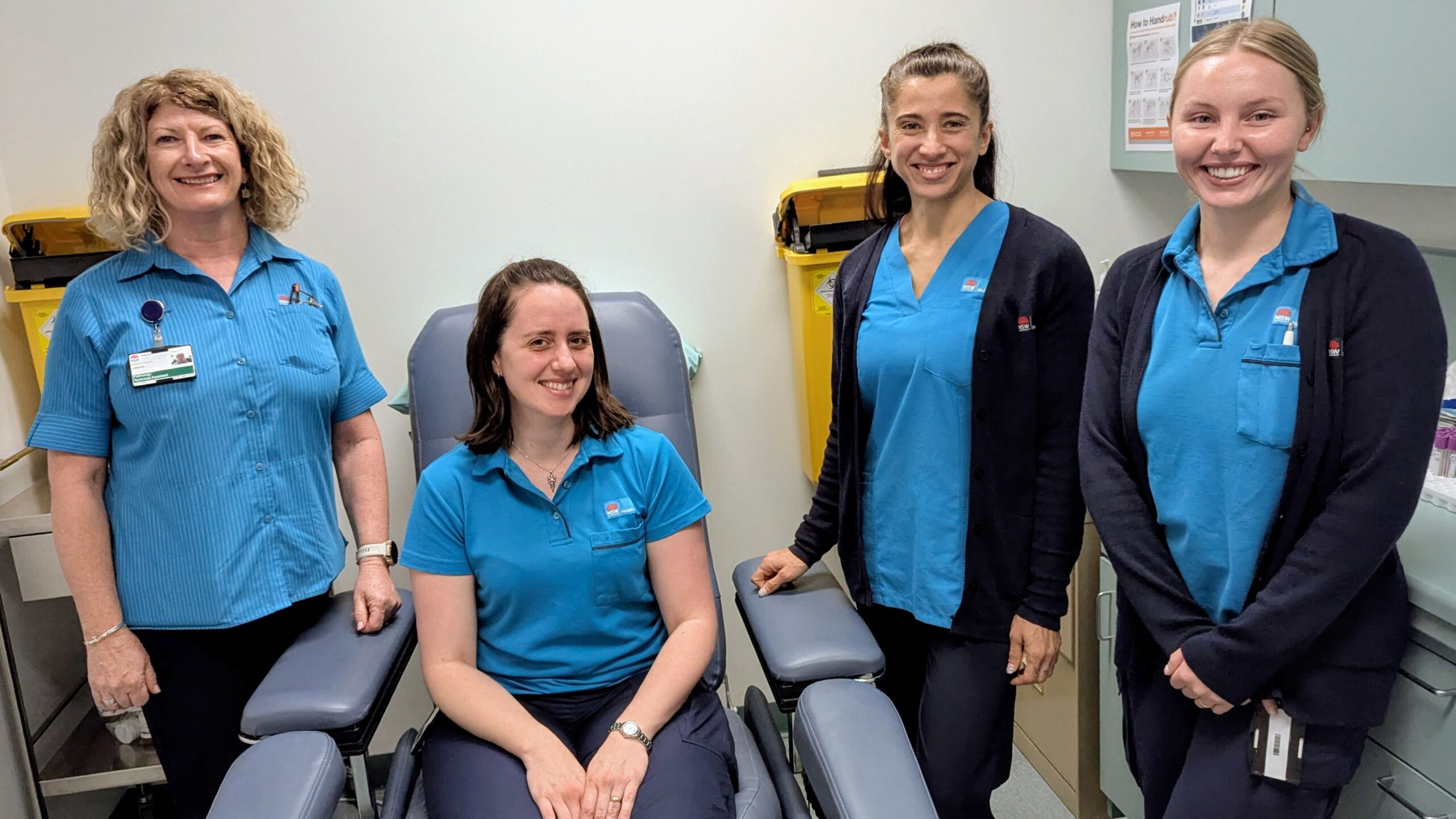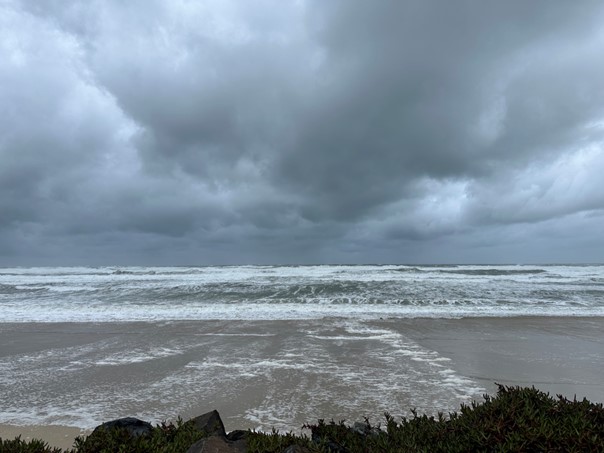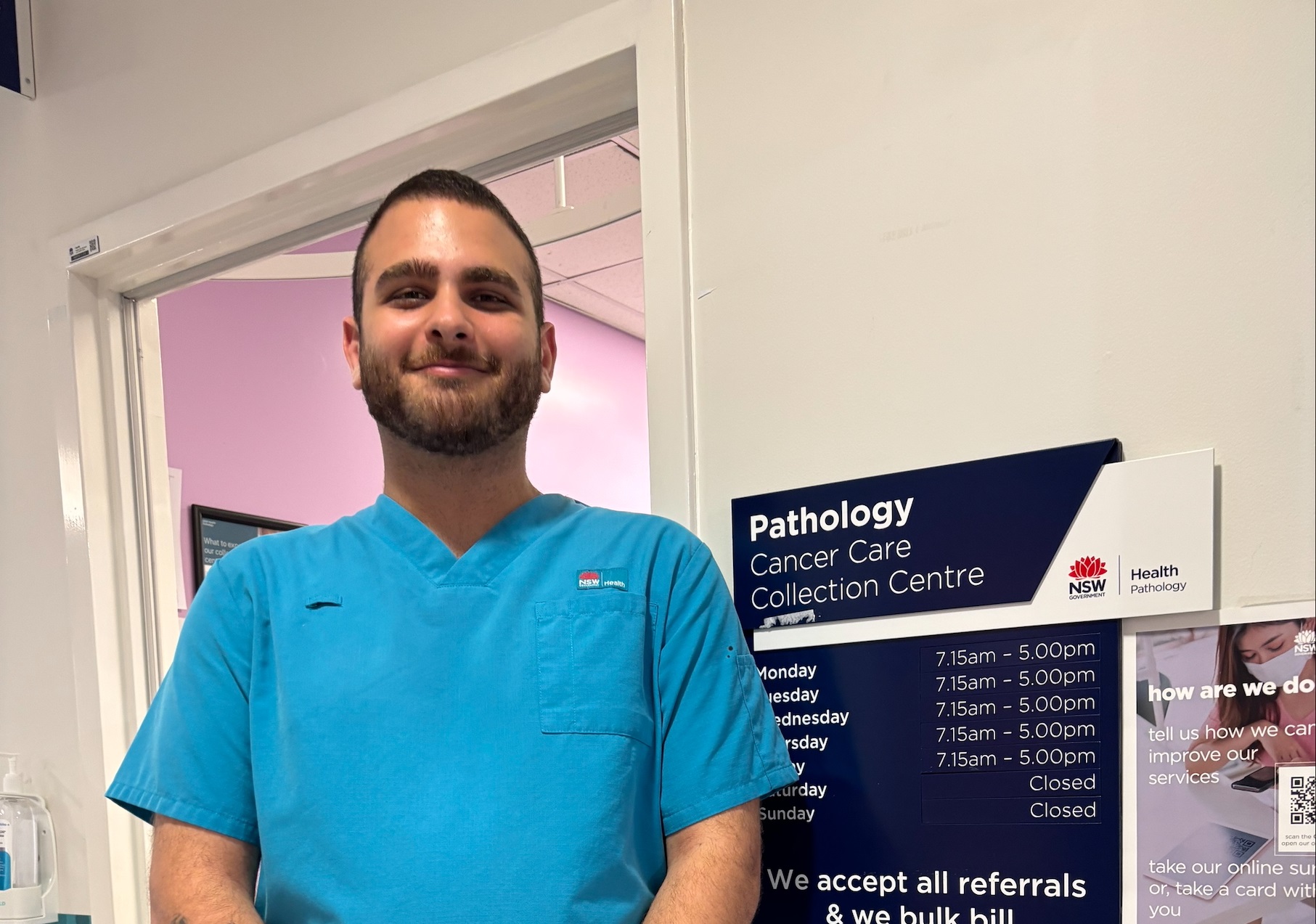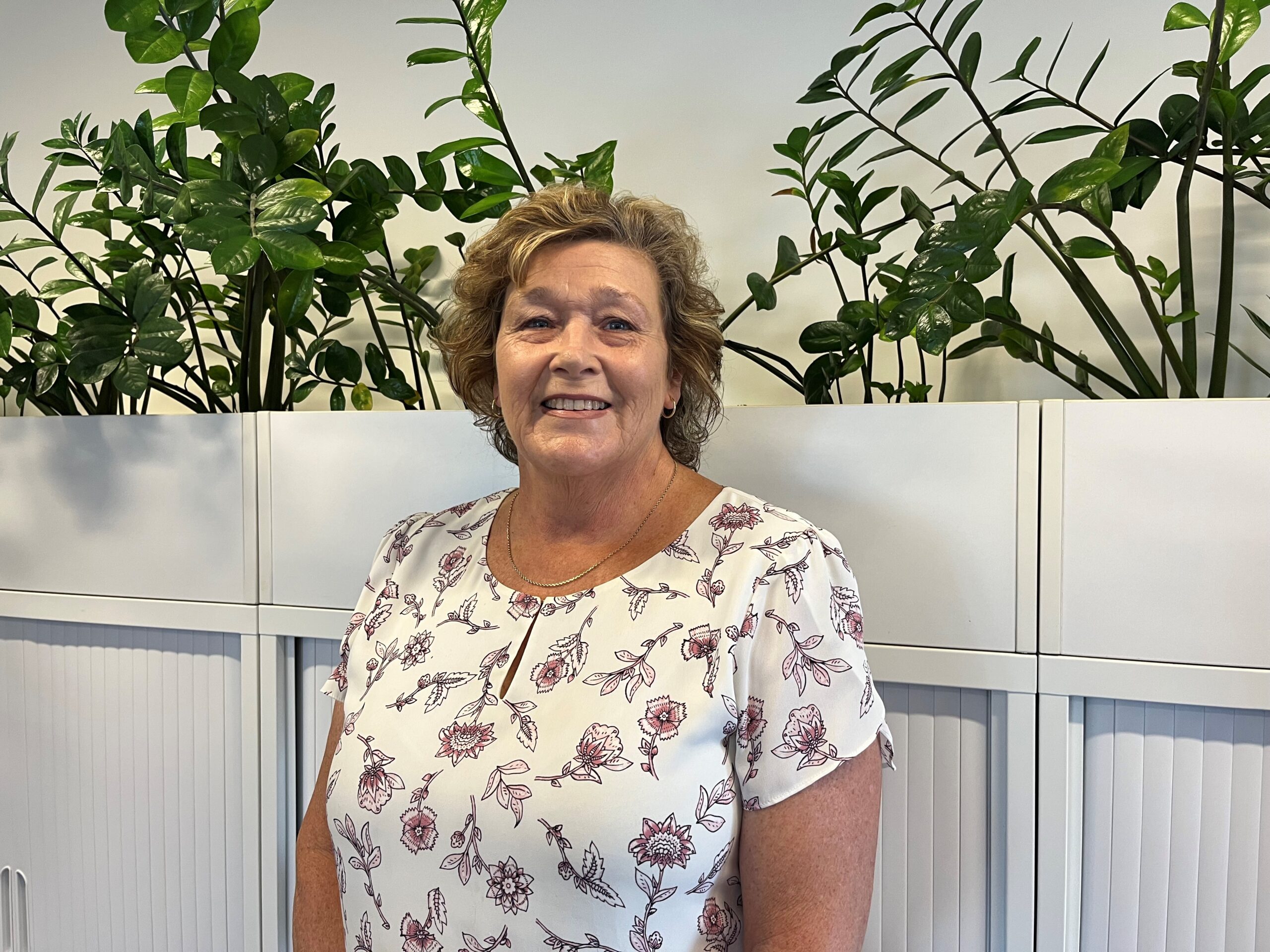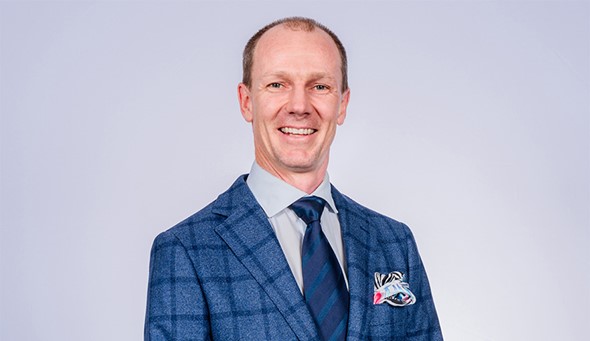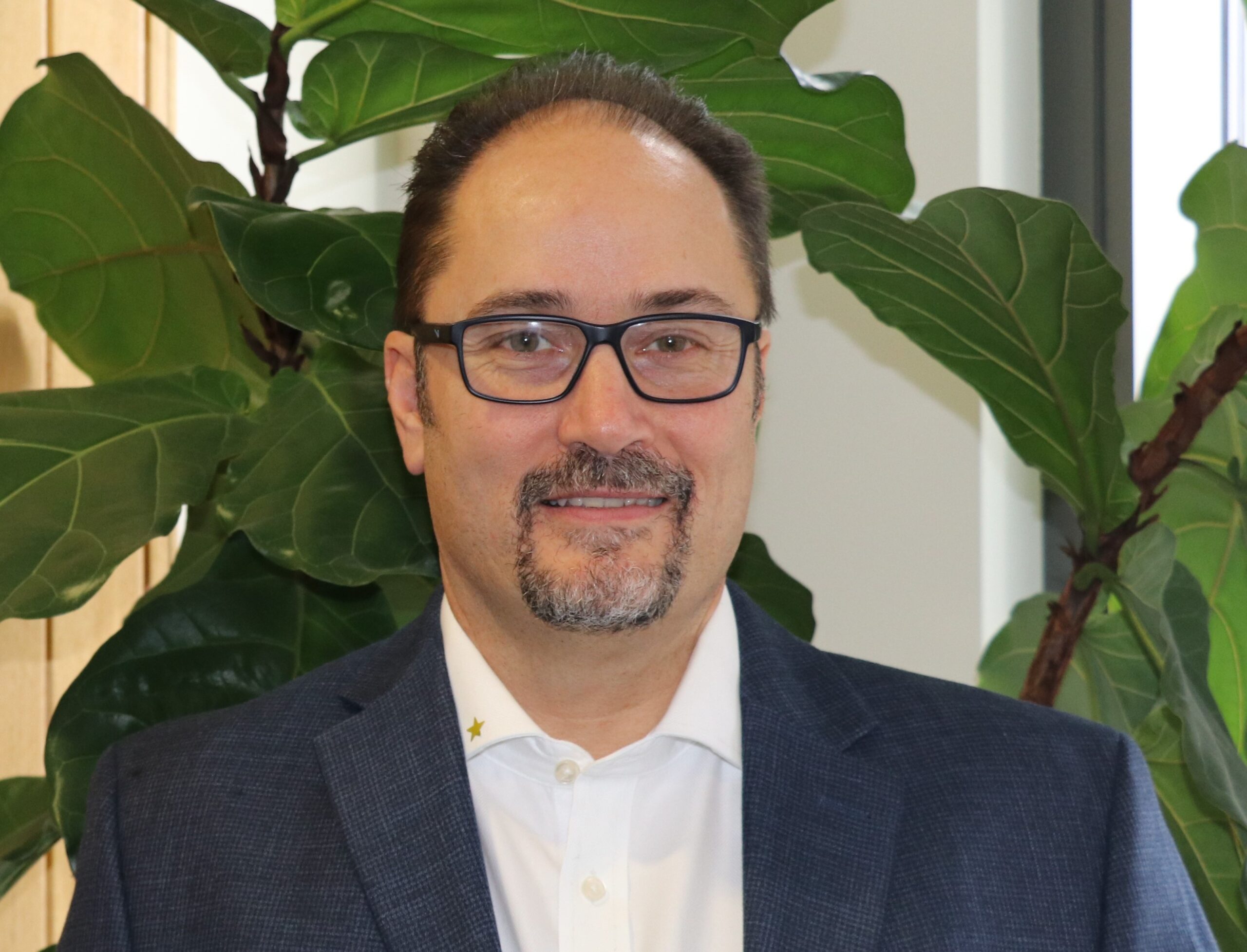In this story
Media Contact
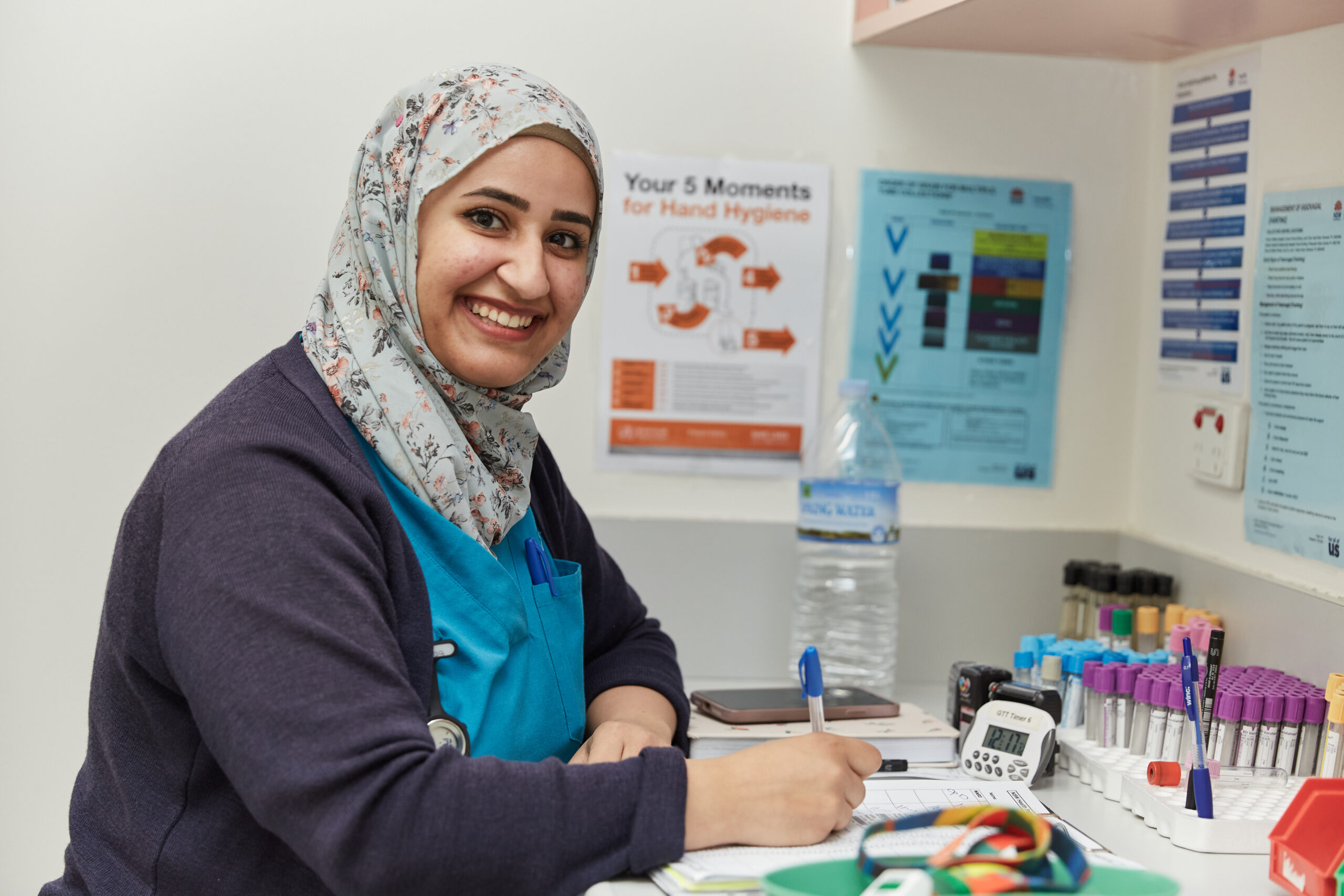
Firstly, know you’re not alone. We know it isn’t the most fun job on your to-do list. Estimates show that as many as 2 in 3 children and 1 in 4 adults have strong fears around needles.
Many people remember feeling discomfort or pain and worry it will happen again in future at other procedures involving needles. This is typical.
For some, these fears are more serious and can continue as you grow up. This is called a phobia.
Do you have a phobia?
People with a needle phobia feel a range of physical and emotional symptoms, including:
- Anxiety and panic attacks
- Dizziness and feeling light-headed
- Fainting
- Nausea and vomiting
- Sweating and trembling
- Fast heartbeat and shortness of breath
- Feeling like you need to run from the situation.
Why do some people have needle phobias?
Needle phobia, also known as trypanophobia (trih-PAN-o-foe-bee-uh), can come from a past experience of pain.
There are biological factors that can make some people react very strongly to the thought of needles.
While the exact causes of needle phobias are unknown, there are many risk factors, such as:
- Genetics: A family history of phobias or anxiety disorders can increase your risk.
- Past negative experiences: Having a painful or traumatic experience with needles can trigger phobias.
- Misinformation: Negative media or misleading information about needles can add to fear.
How we support you
We want you to have an easy, comfortable experience and get the care and treatment you need.
Our qualified and experienced collection staff are here to support you.
If you’re feeling nervous about a test, try our tips for making your visit easier.


